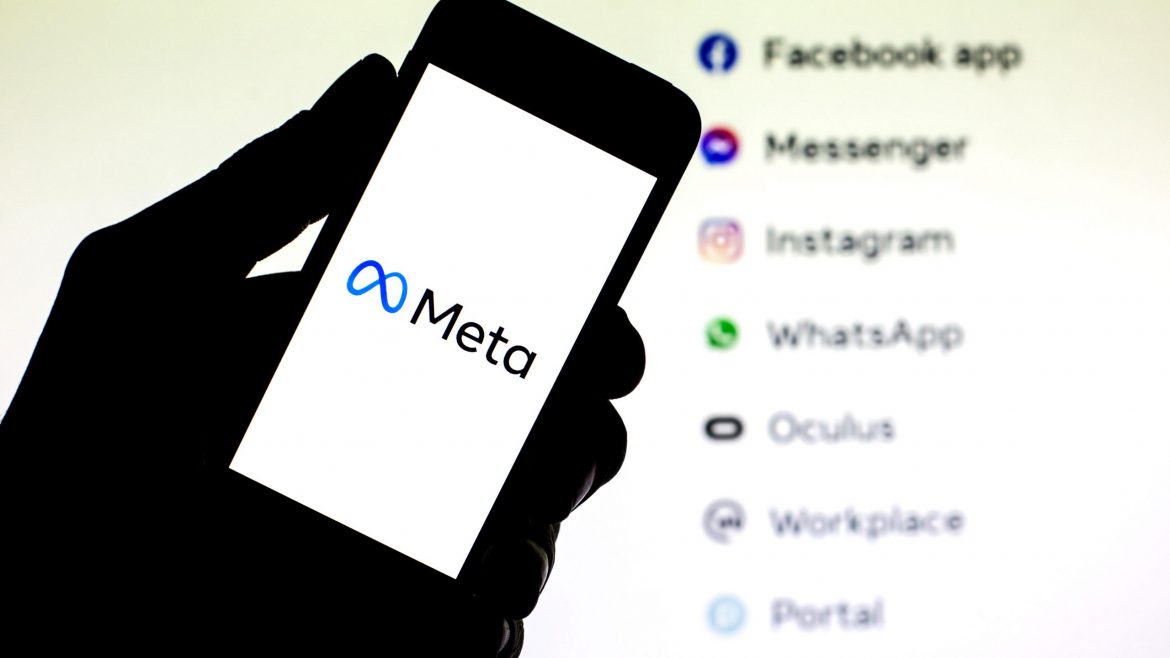“My home isn’t good enough. My parenting isn’t good enough. What I do as a dog owner isn’t good enough. My house doesn’t look like all the show homes on Facebook and Instagram […] it takes its toll.”
This is how social media makes Bex Kitchen, 27, feel. Though she has struggled with her mental health throughout her life, Kitchen feels the negative impact of social media on her mental health was exacerbated by the Covid-19 pandemic.
“I think that being at home during the lockdowns […] has really been instrumental in how social media has affected my mental health,” she said.
Concern over the impact of social media on mental health is nothing new, but the issue was thrust back into the limelight when former Facebook employee Frances Haugen leaked files to the Wall Street Journal detailing the impact of Facebook-owned Instagram on people’s mental health.
The research revealed that 32 per cent of teenage girls surveyed felt Instagram made them feel worse when they already felt bad about their bodies.
Recurring issue
Movements have formed across the globe to address the struggles people like Kitchen have experienced.
Pop star and actor Selena Gomez, for example, has recently set up Wondermind – a mental health platform which focuses on connecting people and ending the stigma surrounding mental illness.
In particular, Gomez has spoken of being a “big advocate” for taking breaks from social media. Writing for CNN last year, she said: “I’m still connected and like to see what’s going on, but it’s important for me to take time away from scrolling.
“I try to remember that everyone is usually sharing a highlight reel and only their best photos, and that I don’t need to feel bad about not looking the same way.”
Harsh Goyal, 24, a digital marketer based in Delhi, also feels that his mental health has deteriorated due to social media, and in particular due to the false lives people present on these platforms.
He told the Kingston Courier: “When someone shares excessively about their life – from eating to sleeping – in an enjoyable manner, it hurts seeing them. It’s like they are enjoying every moment and we are not.
“I believe that 30 to 40 per cent of the time, people are just faking it just to show how cool their life is.”
Goyal said he feels that Instagram’s entire model is centred around making money, and that he would like to see more features which focus on helping people protect their mental health. This includes greater control over what is and is not shown on each person’s feed.
Kitchen said that online bullying even left her feeling suicidal. She said: “[Social media] has affected my self-esteem and body image because we are constantly bombarded with all these perfect images.
“I feel embarrassed and like I’m just not doing enough, and when it’s like that for every aspect of my life […] it takes its toll.”
Young people
In the conversation on social media, there is particular concern for the mental health of young people. In addition to showing the negative impact of Instagram on the body image of young girls, the Haugen files also revealed that 13 per cent of teenagers surveyed in the UK could link a desire to kill themselves to Instagram.
Despite the revelations, Facebook chose not to share its findings when it found that its platform had been having this impact.
Haugen said: “The thing I saw at Facebook over and over again was there were conflicts of interest between what was good for the public and what was good for Facebook.
“And Facebook, over and over again, chose to optimise for its own interests, like making more money.”
This represents just one part of a wider mental health crisis among young people. Research by the Education Policy Institute and The Prince’s Trust released at the start of this year showed that the number of young people likely to suffer from mental illness has risen to one in six, up from one in nine four years ago.
The study found that heavy social media usage was a key factor behind this rise, with more young girls experiencing feelings of depression and hopelessness.
In addition, a study conducted last year at University College London (UCL) revealed that around seven per cent of children had attempted suicide by the age of 17.
Following the study, Doctor Bernadka Dubicka, chair of the Royal College of Psychiatrists’ child and adolescent mental health faculty, said: “Children and young people need tools to be able to manage social media and the internet safely and parents need tools and support to monitor what their children are doing online.”
What could change look like?
Earlier this year, the UK government proposed the Online Safety Bill. If it passes, Ofcom would be appointed as the regulator of social media sites, and would aim to force social media companies to have a better duty of care for users.
This includes protecting users from legal but harmful content, including abuse that would not be considered a criminal offence.
Ofcom would also have the power to punish social media firms with fines of up to £18m or 10 per cent of their annual turnover – whichever is highest.
According to experts, though, change must come from within.
Emily Dobson, policy and public affairs manager at Young Minds charity, said that social media companies needed to enforce their rules to protect young children in particular.
She said: “It’s crucial that social media companies take action to minimise risks to mental health.
“That means making sure their rules are enforced, responding quickly to inappropriate messages or content, signposting towards support and taking action to promote positive mental health.”
Dobson also said more needed to be done to protect young people from body image pressures by promoting body diversity and preventing harmful advertisements on their platforms.
Despite the impact on her own mental health and the potential impact on her children, Kitchen said she was not planning to over-protect her own child when it comes to using social media.
She will teach them, however, how to be “wise online”, and said she felt that communication was key when talking about any mental health worries.
Despite all of her struggles, Kitchen said she would continue to use her own social media to engage with other people and promote a positive message about mental health.
“I feel like if I came off Twitter I would be wasting the opportunity to use my small platform, and I would miss the people who interact with me on a regular basis,” she said.
Editor





